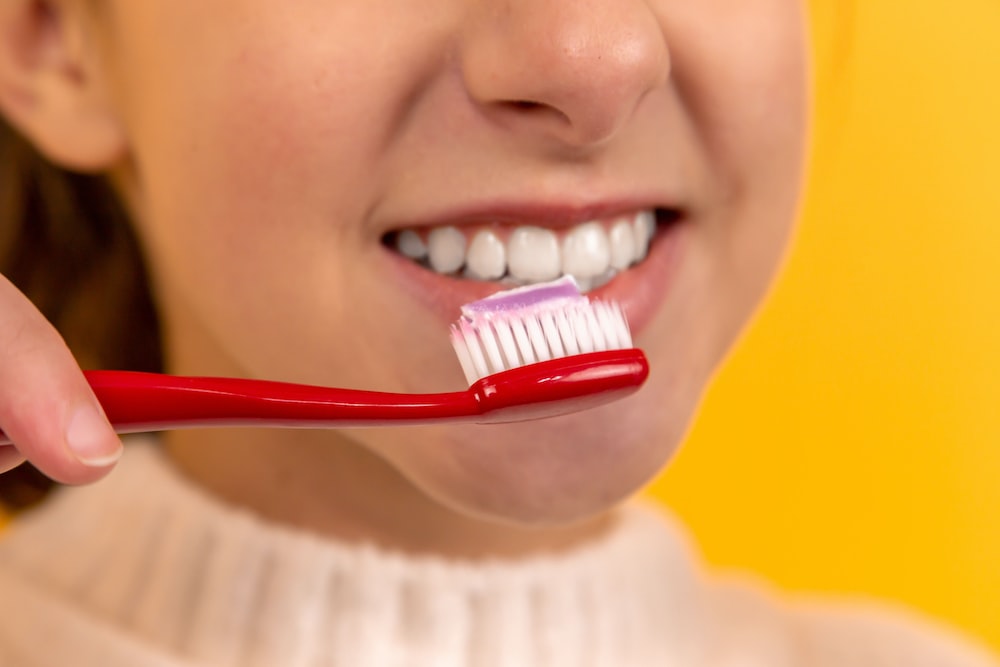Abnormal bacterial communities in the oral cavity have been linked to liver disease, renal failure, cancers, heart disease and hypertension.
The oral cavity is the door to the gastrointestinal tract and the rest of the body.
Like the gut, the mouth is home to several diverse colonies of bacteria, fungi, viruses and protozoa. It’s the second largest microbial community in humans, after the gut.
More than 700 species of microorganisms reside in the mouth. New technologies, such as 16S rRNA analysis, have allowed researchers to study their genetic makeup and family trees.
These microbes are found all over the mouth: in and around the teeth, the gums, tongue, palate and saliva.
They usually remain stable during our lifetime but if the balance in the bacterial community is disrupted, harmful bacteria may become dominant. This can lead to bleeding gums and oral diseases such as gingivitis and periodontitis.
How do problems in the mouth lead to other illnesses?
Changes in the pH (acidity or alkalinity), temperature and oxygen in the oral cavity are known to lead to abnormal growth of groups of bacteria which are usually harmless. When they become dominant, they can cause disease.
This disruption in the oral biota causes inflammation and the slow development of periodontitis, bleeding gums and tooth decay.
As the gum disease destroys the gum and begins to erode the bone, inflammatory molecules called cytokines can enter the blood stream.
These chemicals activate immune cells and can result in low grade chronic inflammation with the development of diseases such as type II diabetes, atherosclerosis or thickening of the arteries and many others, even obesity.
The bacteria themselves can also move from the gums into the surrounding tissue and release toxins which can move throughout the body.
Similarly, the gut hosts more than 1,000 species of bacteria which reside in the large intestine and play a vital role in digestion, absorption, immunity and protection against toxins and harmful bacteria.
Human beings cannot live without a healthy, diverse gut biota. If this well-balanced community of microbes is disturbed and not restored, gastrointestinal disorders can be experienced.
Recent research has linked an abnormal gut biome to diseases as diverse as autoimmunity, obesity, cardiovascular disease and even Alzheimer’s.
Where do bacteria in the body come from?
It all starts with our microbes, tiny organisms which share our bodies and are vital to the health of human beings.
There are 39 trillion microbes in the human body, outnumbering the estimated 30 trillion human cells, and they inhabit almost every organ and crevice in the human body. They can be found in the gut, skin, lung, seminal and vaginal fluid, eyes, scalp and mouth.
Each of these habitats has its own environment, attracting different organisms which adapt to their surroundings and make it their home.
They live in synergy with each other and the surrounding tissue. If this relationship is disrupted it can result in disease.
Most of these microbes come from our mothers and enter our bodies when we are born.
The womb is sterile but as the baby moves down the birth canal and enters the outside world, bacteria and other microbes occupy the newborn infant and create a unique ecosystem called the human microbiome.
As we grow and begin to explore the world, these microorganisms become more diverse and varied and are influenced by our diets, lifestyles, interactions with animals and the environment. It is important to maintain this balance to reduce the risk of developing disease.
What should people do to avoid these risks?
Good dental hygiene includes regular dental check-ups, preventing the build-up of plaque by brushing your teeth regularly, and avoiding foods high in carbohydrates and sugar, which can lead to increased tooth decay and cavities.
To further support the balance of the bacteria in the mouth it is recommended that foods rich in antioxidants, such as fresh fruit and vegetables, are included in our diet.
Dentists also recommend avoiding the use of antibacterial mouth washes, which have been shown to disrupt the balance of microbes. Overuse can lead to disturbances and stimulate species of bacteria that could cause disease.
Elevated levels of stress and lack of exercise have also been linked to disruptions in the balance of the oral biota.
So a well-balanced diet with enough rest, accompanied by good dental hygiene, is recommended.
The mouth is the door to the gut and the rest of the body. Ensuring the harmony of the microbes that live there is important to reduce the risk of disease.
The Conversation

